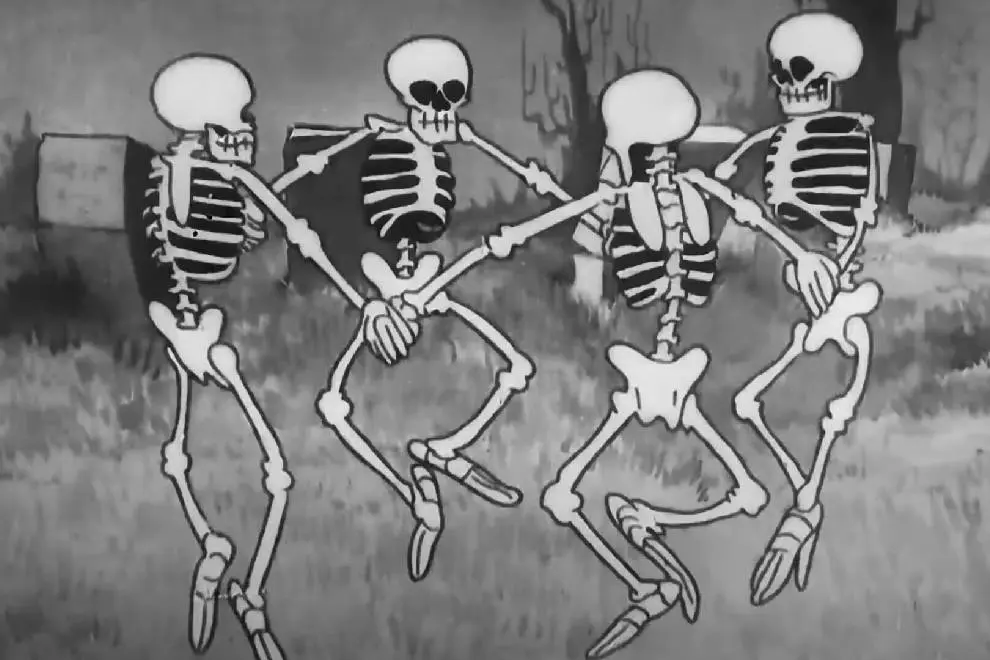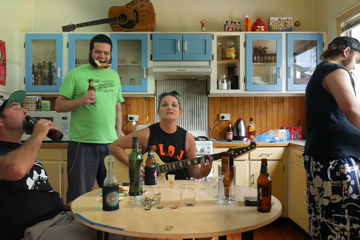It’s the biggest day of the year for lovers of creative works with no intellectual property rights at play, with Public Domain Day officially ticking over in the US – meaning dozens of previously-copyrighted works are now available for your consumption.
Taking place on January 1st, Public Domain Day occurs annually when a number of previously-copyrighted works officially enter the public domain due to the expiration of their copyrights.
As Jennifer Jenkins, the director of Duke Law School’s Center For The Study Of The Public Domain explains, “for copyrighted culture, the public domain arrives only after a long wait”.
“Works from 1929 were first set to go into the public domain after a 56-year term in 1985, but a term extension pushed that date to 2005,” Jenkins adds. “They were then supposed to go into the public domain in 2005, after being copyrighted for 75 years.
“But before this could happen, Congress hit another 20-year pause button and extended their copyright term to 95 years. Now the wait is over. “
What this means is that works from 1929 (whose 95-year copyright term ended the second the clock ticked over to midnight on December 31st) are now officially in the public domain. However, this doesn’t extend to sound recordings, whose 100-year term means that we’re now able to enjoy recordings from 1924 instead.
Don't miss a beat with our FREE daily newsletter
So what’s now in the public domain? Thankfully, there’s a handy list of the highlights available online, but some of the more notable examples include books such as Ernest Hemingway's A Farewell To Arms, William Faulkner’s The Sound And The Fury, and Dashiell Hammett's The Maltese Falcon.
Lovers of films can now enjoy the likes of Harry A. Pollard's adaptation of Show Boat, Alfred Hitchcock's first sound film Blackmail, and Disney's first Silly Symphony short, Ub Iwerks' iconic The Skeleton Dance.
Notably, a year after Mickey Mouse went into the public domain with Steamboat Willie, this year also sees 12 more shorts joining that list, including his first talking appearance in The Karnival Kid. On that note, the characters of Popeye and Tintin have also entered the public domain this year.
For music-lovers, a number of famous compositions are also now in the public domain, including the Arthur Freed-written Singin’ In The Rain, Fats Waller’s Ain't Misbehavin', George Gershwin’s An American In Paris, and Al Dubin and Joe Burke’s Tiptoe Through The Tulips.
As Jenkins writes, however, there’s a distinct difference between these songs entering the public domain and the famous recordings you probably know them by.
“Only the musical compositions—the music and lyrics that you might see on a piece of sheet music—are entering the public domain, not the recordings of those songs, which are covered by a separate copyright with a different term of protection,” she explains.
“The lyrics and music to Tiptoe Through The Tulips were published in 1929 and will be free for anyone to copy, perform, record, adapt, or interpolate into their own song. But the 1968 recording by Tiny Tim is still copyrighted.
“Note, however, that sound recording rights are more limited than composition rights—you can legally imitate a sound recording (should you be able to channel Tiny Tim’s signature falsetto) even if your imitation sounds exactly the same, you just cannot copy from the actual recording,” she concludes.
















